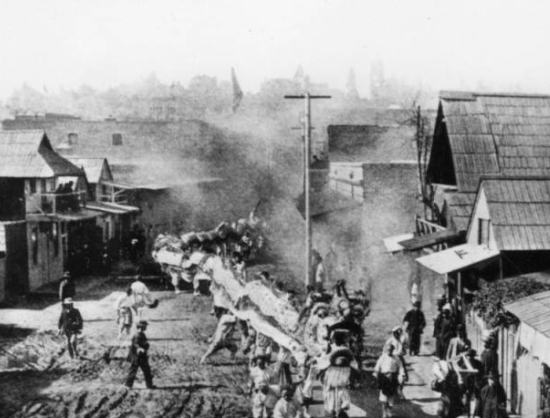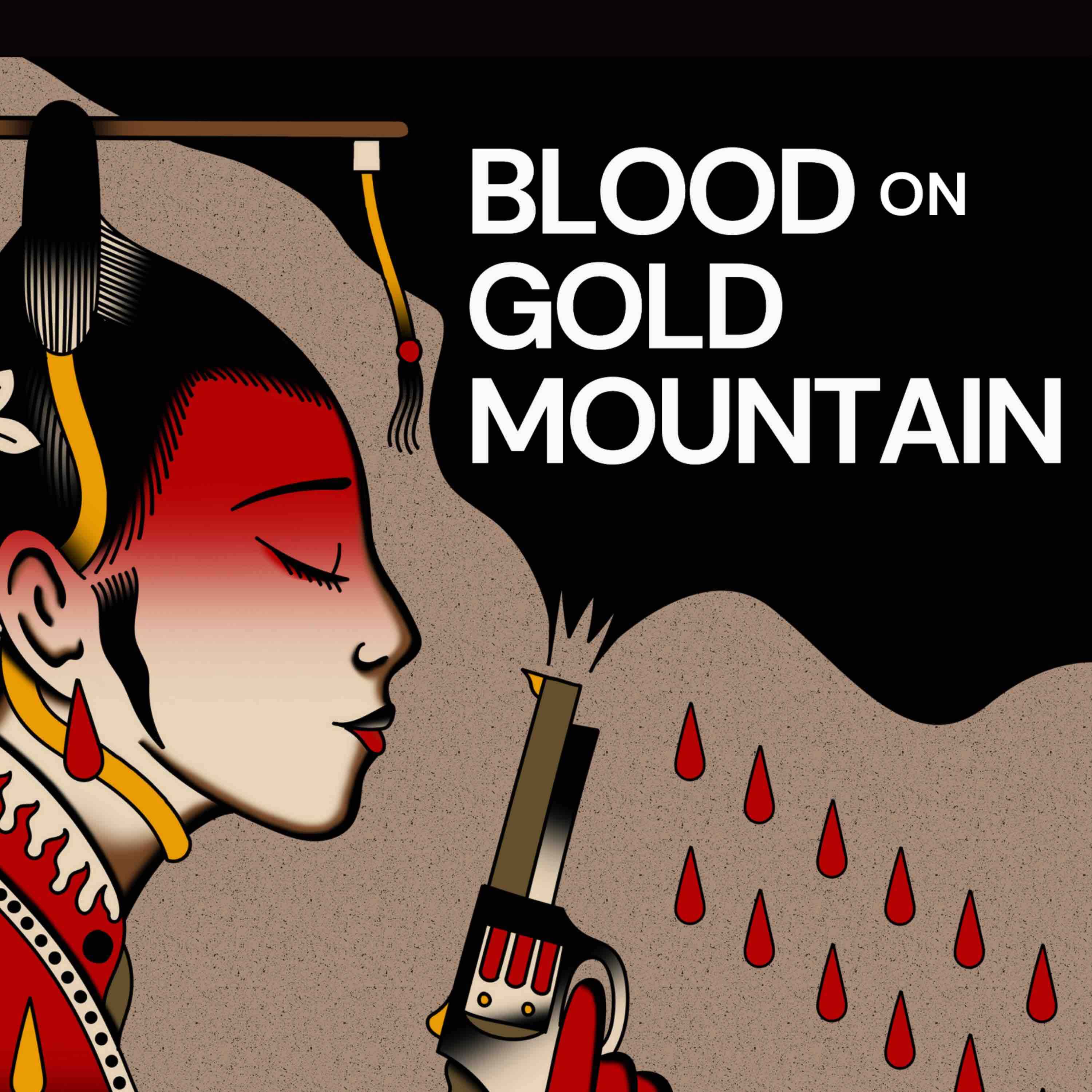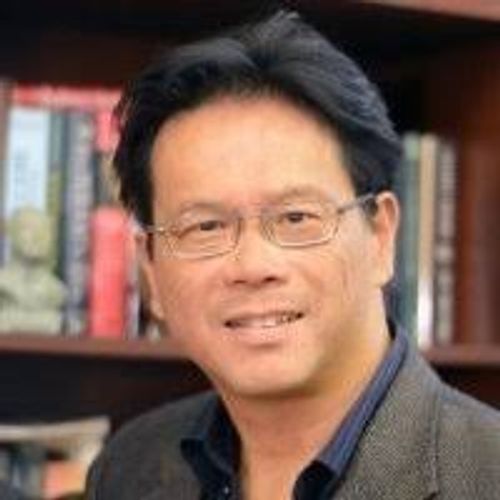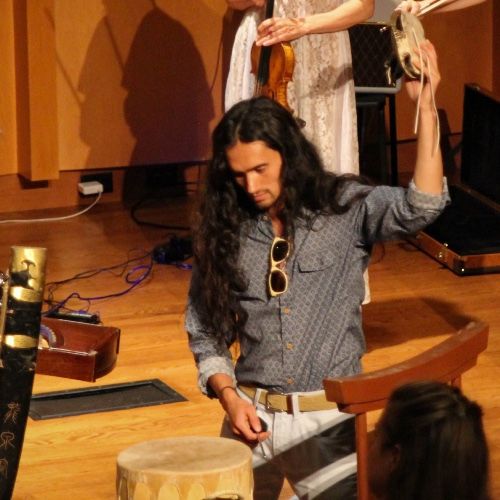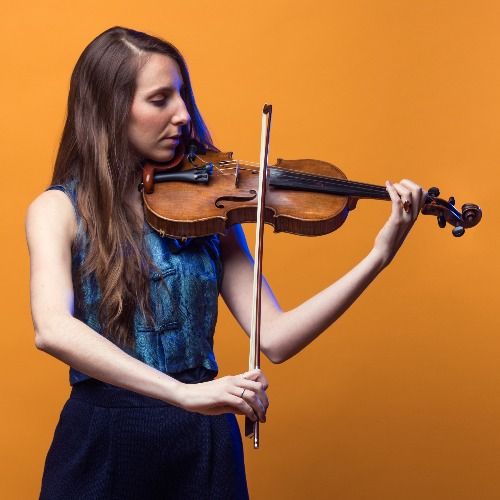Heathens
In this episode, we are introduced to Christianity through the eyes of Yut-Ho’s Gwailo marriage to Lee Yong in a Christian church. Can you imagine being married in the holy place of a foreign religion without having any context for the iconography all around you? Understandably, Yut Ho is horrified by the sight of Jesus nailed to the cross, “his head hanging down in an attitude of infinite pain and weariness.” She understands the pendant cross hanging from his neck as the Chinese symbol for the number ten. And in Mother Mary, she sees Guan Yin, goddess of mercy and serenity. By this connection, she is deeply comforted and feels protected to continue with the marriage. For further reading on the connection between Guan Yin and Mary, read The Bodhisattva Guanyin and Virgin Mary.
In late 1800s California, only Gwailo court-sanctioned marriages were seen as legitimate in the eyes of the law. Chinese “ritual” marriages were not readily acknowledged, and this was the very loop-hole that Yo-Hing used against Sam Yuen to lawfully kidnap Yut-Ho.
After their escape, Yut Ho and Lee Yong take refuge at the residence of Dr. Tong and his wife Tong You. Yut Ho is shocked to see Tong You’s bound feet, or as she calls them, her Lotus feet.
Foot binding originated in China during the 10th century and continued through the start of The People’s Republic of China in 1949 (Footbinding, Encyclopedia Britannica). It served as a right of passage for young women and conveyed status.
In Western culture, foot-binding is understood as an oppressive practice, which confined Chinese women to lives of immobility and great suffering. We hear stories of young girls being forced to bind their feet, just as they are forced into being subservient to men. Wang Ping’s eye-opening book, “Aching for Beauty,” paints a much more complex picture. She describes her own childhood desire to bind her feet as being intricately tied to her close female relationships. She explores the connection between pain and beauty that resurfaces in myriad ways across many cultures.
After all, it is socially celebrated for Western women to cut their bodies for breast implants, genital reconstructive surgery, and nose jobs, just to name a few. While the ideal of beauty changes, the insistence on painfully altering the female form to fit a more perfect image of beauty resurfaces again and again.
In our story, Yut Ho learns that Tong You bound her feet by choice, to gain social status. Born into a low class family, Tong You was mesmerized by the luxuries of the upper class. Binding her feet brought her a path to a more luxurious existence, and for her, it was worth the sacrifice.
If you have questions, thoughts, your own family stories, or historical context to share, please send us a message at @bloodongoldmountain on Facebook or Instagram.
-----
Blood on Gold Mountain is brought to you by The Holmes Performing Arts Fund of The Claremont Colleges, The Pacific Basin Institute of Pomona College, The Office of Public Events and Community Programs at Scripps College, The Scripps College Music Department, The Entrepreneurial Musicianship Department at The New England Conservatory, and our Patreon patrons.
Blood on Gold Mountain is written and produced by Yan-Jie Micah Huang, narrated by Hao Huang, introduced by Emma Gies, and features music composed by Micah Huang and performed by Micah Huang and Emma Gies. A special thanks to Chi Wei Lo, Jonah Huang, and Muqi Li for their musical contributions, Kusuma Tri Saputro for the amazing artwork, Sheila Kolesaire for her critical PR guidance, Shayna Krizan for her Instagram wizardry, Rachel Huang for her editing prowess, and Evo Terra from Simpler Media Productions for his immense expertise and support.
-----
More details at bloodongoldmountain.com

